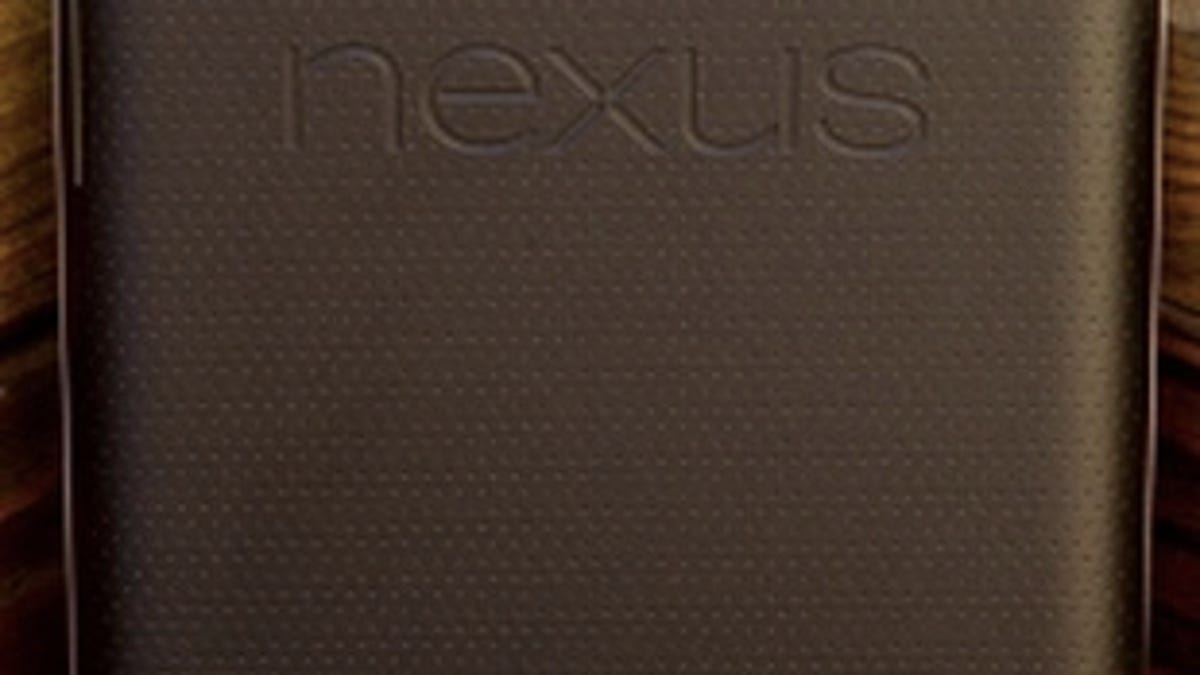Steve Jobs: 7-inch tablets 'DOA' -- yeah, right
The 7-inch tablet is dead on arrival. Oh, wait, let me take that back.

Steve Jobs' slander of the 7-inch tablet was, in effect, a nice bait-and-switch. One problem: rivals didn't take the bait.
Too much ink (yeah, me too) has been wasted on Job's proclamation against the viability of a 7-inch tablet (See Jobs' October 2010 comments below).
But that was hardly an absolute repudiation of a smaller tablet. Jobs' extemporaneous analysis of 7-inch tablets was merely a snapshot of what he was thinking on that day. Or maybe that month, at best -- as internal Apple e-mails now show.
Amazon, Samsung, and now Google have successfully ignored his sandpaper analogy ("unless your tablet also includes sandpaper, so that the user can sand down their fingers to around one quarter of the present size." And, hey, what about the iPhone? That takes some pretty fine sandpaper.)
In particular, his "7-inch tablets are going to be DOA" is particularly nonprescient (or maybe just deceptive). And his comment on competitors "having a tough time coming close to iPad's pricing" rings hollow.
We now know that a smaller iPad with, most likely, a 7.85-inch display could go into production soon.
But I don't think the world is waiting all that anxiously for a smaller iPad. Yeah, millions will buy it. But at, let's say, between $299 and $399, it's not very likely that a so-called iPad Mini will be breaking a lot of new hardware design ground against the Nexus 7 or even the older Amazon Kindle Fire.
Here is the full transcript of Jobs' comments via Seeking Alpha. How times have changed.
If you take an iPad and hold it upright in portrait view and draw an imaginary horizontal line halfway down the screen, the screens on the seven-inch tablets are a bit smaller than the bottom half of the iPad display. This size isn't sufficient to create great tablet apps in our opinion.
Well, one could increase the resolution of the display to make up for some of the difference. It is meaningless, unless your tablet also includes sandpaper, so that the user can sand down their fingers to around one quarter of the present size. Apple's done extensive user-testing on touch interfaces over many years, and we really understand this stuff. There are clear limits of how close you can physically place elements on a touch screen before users cannot reliably tap, flick, or pinch them. This is one of the key reasons we think the 10-inch screen size is the minimum size required to create great tablet apps.
Third, every tablet user is also a smartphone user. No tablet can compete with the mobility of a smartphone, its ease of fitting into your pocket or purse, its unobtrusiveness when used in a crowd. Given that all tablet users will already have a smartphone in their pockets, giving up precious display area to fit a tablet in our pockets is clearly the wrong trade-off. The 7-inch tablets are tweeners, too big to compete with a smartphone and too small to compete with an iPad.
Fourth, almost all of these new tablets use Android software, but even Google is telling the tablet manufacturers not to use their current release, Froyo, for tablets, and to wait for a special tablet release next year. What does it mean when your software supplier does not (inaudible) to use their software in your tablet? And what does it mean when you ignore them and use it anyway?
Fifth, iPad now has over 35,000 apps on the App Store. This new crop of tablets will have near zero. And sixth and last, our potential competitors are having a tough time coming close to iPad's pricing, even with their far smaller, far less expensive screens. The iPad incorporates everything we have learned about building high value products from iPhones, iPods, and Macs. We create our own A4 chip, our own software, our own battery chemistry, our own enclosure, our own everything. And this results in an incredible product at a great price. The proof of this will be in the pricing of our competitor's products, which will likely offer less for more.
These are among the reasons we think the current crop of 7-inch tablets are going to be DOA, dead on arrival. Their manufacturers will learn the painful lesson that their tablets are too small and increase the size next year, thereby abandoning both customers and developers who jumped on the 7-inch bandwagon with an orphan product. Sounds like lots of fun ahead.

